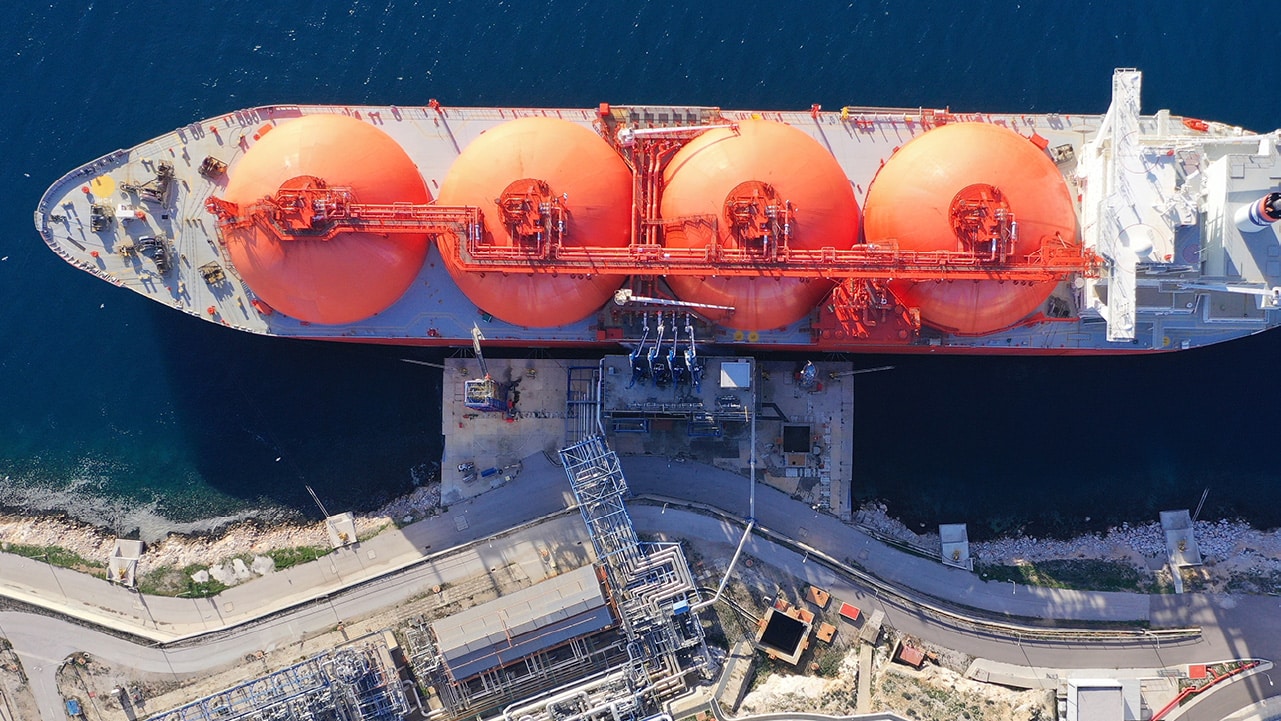API 2000 Cargo Tank Venting & Safety Testing
The API Spec 2000 standard is a critical framework for ensuring the integrity and safety of cargo tank systems on marine vessels. This specification sets forth stringent requirements for design, construction, testing, and maintenance of cargo tanks to ensure they can safely handle volatile liquids such as crude oil, petrochemicals, and other hazardous materials.
The focus on venting and safety in cargo tanks is paramount due to the inherent risks associated with these substances. Vent systems are critical for relieving pressure during loading and unloading operations, preventing overpressure that could lead to tank damage or even catastrophic failure. The API 2000 standard mandates comprehensive testing of these systems to ensure they meet stringent performance criteria.
Our testing facility specializes in simulating real-world conditions under which cargo tanks operate. We employ cutting-edge equipment and methodologies to replicate the dynamic environments experienced by ships at sea, ensuring that every aspect of the venting and safety systems is rigorously evaluated. This includes hydrostatic testing, burst testing, vacuum testing, and pressure cycling tests.
Our team of experts ensures that all tests are conducted in strict adherence to the latest edition of API Spec 2000:1, which provides detailed guidelines for design, construction, and performance of cargo tank venting systems. This includes not only the mechanical integrity but also the operational reliability under various conditions.
For instance, we use sophisticated simulation models that incorporate environmental factors such as temperature variations, humidity levels, and atmospheric pressure changes. These simulations are crucial in validating the design against potential real-world stressors, ensuring robust performance even in extreme conditions.
The testing process involves meticulous preparation of the specimens to ensure they accurately represent the actual cargo tanks. This includes cleaning, drying, and applying any necessary coatings or seals before immersion into our test chambers. Our state-of-the-art facilities allow us to perform a wide range of tests, from static pressure checks to dynamic simulation of loading scenarios.
The results of these tests are meticulously documented and analyzed using advanced software tools that provide detailed insights into the performance characteristics of each specimen. These analyses form the basis for our comprehensive reports, which not only summarize the test outcomes but also offer recommendations for improvements where necessary.
Why It Matters
The safety and integrity of cargo tank systems are paramount in marine transportation. Non-compliance with API Spec 2000 can lead to operational disruptions, increased insurance premiums, and even legal liabilities. By adhering strictly to this standard, ship operators and equipment manufacturers ensure not only regulatory compliance but also enhanced safety and reliability.
API Spec 2000 is particularly important for vessels transporting volatile substances like crude oil or petrochemicals. These materials present significant hazards if not properly managed, including the risk of fire, explosion, and environmental contamination. The specification ensures that cargo tanks are designed to withstand these risks through robust venting systems and other safety features.
The global nature of maritime trade underscores the importance of consistent testing standards across different regions. By aligning with API Spec 2000, ship operators can ensure their vessels meet international standards, facilitating smoother operations and reducing the risk of non-compliance penalties.
In addition to regulatory compliance, adhering to this standard enhances a company's reputation for quality and reliability. This is particularly valuable in competitive markets where trust and safety are key factors influencing customer decisions. By demonstrating commitment to high-quality testing practices, we help our clients build strong brand reputations and gain a competitive edge.
Competitive Advantage and Market Impact
The implementation of API Spec 2000 cargo tank venting and safety testing provides several key advantages to our clients, including enhanced marketability and operational efficiency. By ensuring compliance with this stringent standard, ship operators can demonstrate their commitment to safety and quality, which is increasingly valued by regulatory bodies and insurance companies.
Compliance with API Spec 2000 also opens up new market opportunities for equipment suppliers and manufacturers. Meeting these rigorous standards positions our clients as leaders in the industry, attracting business from discerning customers who prioritize reliability and safety.
The standardization of testing procedures ensures consistency across different regions and vessels, reducing the likelihood of discrepancies that could lead to operational issues or accidents. This not only enhances overall safety but also streamlines operations, leading to improved efficiency and reduced downtime.
Moreover, by staying ahead of regulatory changes and industry trends, our clients can anticipate future challenges and opportunities. This forward-looking approach allows them to remain competitive in an ever-evolving market, ensuring they continue to meet the evolving needs of their customers and stakeholders.
Use Cases and Application Examples
| Use Case | Description |
|---|---|
| Initial Design Validation | Testing new designs before full-scale production to ensure they meet API Spec 2000 requirements. |
| Periodic Maintenance Checks | Regular testing of existing cargo tank systems to identify potential weaknesses and ensure ongoing compliance. |
| New Vessel Commissioning | Comprehensive testing for newly built or refitted vessels to validate their safety features before entering service. |
Testing under simulated real-world conditions to ensure the venting systems can handle extreme pressure changes and temperature variations.
Evaluating the effectiveness of emergency shut-off valves during simulated accidents to verify their immediate response capabilities.
Assessing the durability and reliability of safety equipment through repeated loading and unloading cycles to ensure long-term performance.
| Application Example | Description |
|---|---|
| Vent System for Crude Oil Tank | A vessel equipped with a vent system designed to handle the high pressure and temperature fluctuations during loading and unloading of crude oil. Our testing ensures this system can safely relieve pressure while preventing any leaks or failures. |
| Emergency Shut-Off Valve in a Petrochemical Transport Vessel | An emergency shut-off valve installed on a vessel carrying volatile petrochemicals must function flawlessly during an emergency situation. Our testing verifies its operational integrity and immediate response capabilities under various scenarios. |





